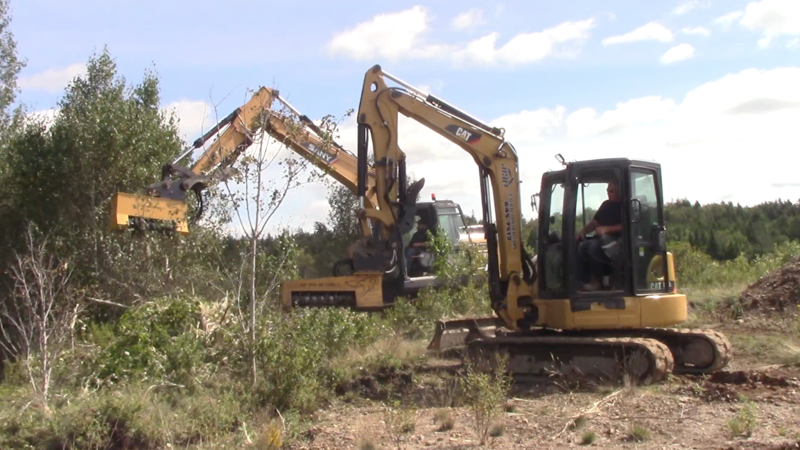The oil and gas industry has had a long and lucrative existence and isn’t in danger of weakening any time soon. For two centuries it has been an excellent investment, and is only growing stronger and more profitable. Not only does it provide stability as an investment to hedge against other markets in order to diversify your portfolio, but demand continues to grow. Unlike other investment vehicles, such as stocks and bonds, oil and gas is not susceptible to market fluctuations or dependent on economic rises and falls. It can be a wise investment that grows personal wealth even during recessionary times.
Investors interested in oil and gas joint ventures should consider the benefits of experienced, profitable companies before they invest, and choose one that has the experience and background that will likely continue to share in its success. There are a few factors to consider:
1. Where is drilling taking place? It’s best not to go wildcatting on initial investments, but invest in already existent oil wells that are placed in prolific oil fields.
2. What is the estimated return on investment (ROI)? For oil and gas joint ventures a good ROI will be between 5:1 to 7:1 after tax benefits.
3. What is the estimated payout? When considering oil and gas joint ventures, payout is of course going to be extremely important. Look for anything between a year and a year and a half as a good indicator.
4. What is the estimated tax write-off going to look like? One of the reasons many investors choose oil and gas joint ventures is because of the lucrative tax incentives. Anything between 70 and 75% should be the best range.
5. What are the estimated reserves? If you find a venture that estimates around 800,000 barrels of reserve oil, and between 15 and 16 billion feet of cubic gas, consider investing.
6. What is the estimate on initial daily production (IP)? A venture that estimates 700 barrels of oil a day (BOE) is worthy of further exploration.
7. What is the track record of the venture? You will want to know about previous wells and success stories, current operations and speculations, as well as a more or less detailed history of the venture before you invest your money in it.
8. What is the minimum investment? Most reliable ventures will require a minimum investment of about $14,000 per unit.
Always do your homework before you invest to make sure the venture is sticking to the facts, has a reliable history and reputation, and which will be more likely to make your investment not only worth your time and effort, but also provide a lucrative ongoing cash flow.
It can be a wise investment that grows personal wealth even during recessionary times.



